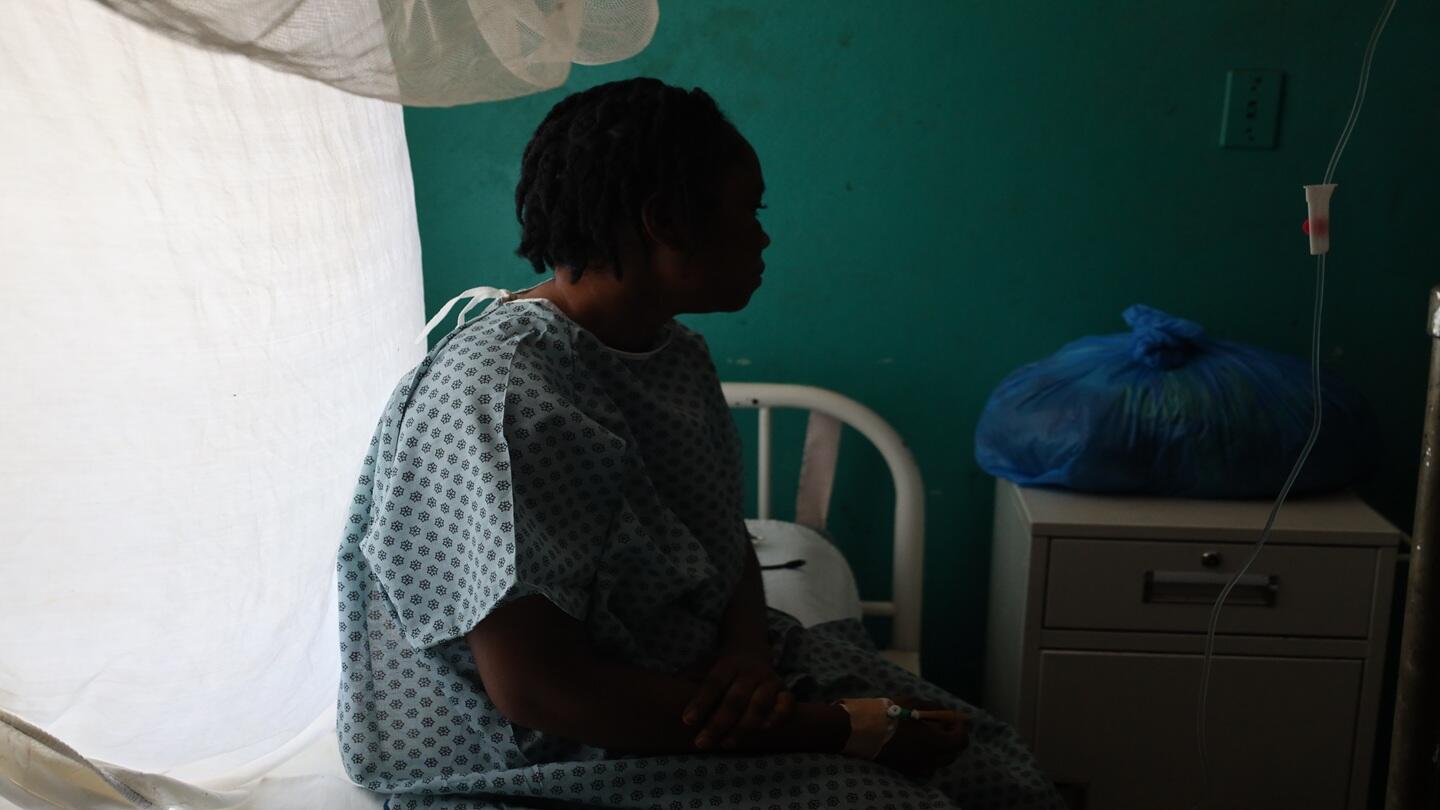Zoe (not her real name) appeared on the Economic Community of West African States (ECOWAS) Radio to share her personal and transformative experience with obstetric fistula during the commemoration of the International Day to End Obstetric Fistula. Her testimony reinforced the significance of timely access to maternal healthcare and the devastating consequences of delayed intervention during childbirth.
Referencing her personal situation, Zoe advised expectant mothers: “I would like to advise women to go to the hospital immediately when their labor pain starts. Do not say I will bear the pain for a while before going to the hospital.”
Her advice, informed by her personal hardship with obstetric fistula, underscored the potential dangers of delaying seeking professional medical assistance during labor. Zoe explained that her endurance of labor pain for an extended period and postponing her visit to the nearby healthcare facility might have increased her susceptibility to a complicated delivery and the development of obstetric fistula, a condition characterized by the leakage of urine and/or feces due to a tear between the birth canal and the bladder or rectum.
Zoe said her decision to initially withstand the labor pains was based on the belief that arriving at the midwife's care during the most intense phase of her labor would expedite the delivery process and allow her to return home sooner with her newborn. “In my case, I decided to bear the pain small, thinking that seeing the midwife at the peak of my labor pain will make me come out of the delivery room sooner with my baby.” Unfortunately, this decision presented Zoe with unforeseen and severe repercussions for her health and well-being.
Instead of a quick and uncomplicated delivery, she endured two agonizing days of pain at the government hospital in Buchanan, Grand Bassa County, in 2020. Ultimately, she had to undergo a Cesarean section to save her life as the baby had died in her belly.
In the aftermath of the Cesarean section, Zoe began to experience a distressing and life-altering complication. “After the C-section, I started having involuntary urination. I will be walking and just pee on myself. It was annoying and humiliating because I could be noticed by the offensive odor of the urine on my clothes,” she recalled. The constant leakage of urine caused Zoe immense physical discomfort, emotional distress, and social isolation.
Following a diagnosis of obstetric fistula, the hospital staff registered Zoe as a fistula patient and referred her to a psychosocial counselor. This initial counseling crucially prepared Zoe for the emotional and psychological impact of her condition and the subsequent treatment process. “I initially objected to going to the Rehab Center in Phebe. But thank God the counselor did well to convince me to go to the Rehab.”
Zoe fondly looked back on her experience at the rehabilitation center in Phebe, which received crucial support from the United Nations Population Fund (UNFPA) and the Economic Community of West African States (ECOWAS). “Going to the Rehab Center, which was supported by UNFPA and ECOWAS, did not only save my life, but it also put an end to the shame, rejection and stigmatization I had to endure.”
She praised the supportive role of each staff at the Rehab Center, which provided her the fortitude to openly discuss her experiences, connect with other women who had faced similar challenges, and begin to heal the emotional wounds inflicted by stigma and isolation. “I also learned a lot in the center, soap making, baking, hairdressing and a whole lot,” Zoe added.
Zoe also expressed her gratitude to the Ministry of Health and its partners, UNFPA and ECOWAS for supporting the Rehab Center, “I am very grateful to the UNFPA and ECOWAS people who supported the Rehab center to take care of me. Besides the training, the counselors were full of life, their fun had me forgetting my difficulties with fistula. I keep in touch with some of them today.” She recalled.
She now actively works to encourage others about obstetric fistula, emphasizing the critical importance of seeking timely medical care during childbirth and encouraging women experiencing fistula symptoms to come forward for treatment without fear or shame. “To the many women out there suffering with fistula, I encourage you to seek treatment at the hospital. There is life after fistula,” she declared.
UNFPA is supporting the government of Liberia to develop and rollout a National Obstetric Fistula Strategy. As part of efforts to effectively implement the National Fistula Strategy, UNFPA in Liberia is currently sponsoring the studies of two medical doctors in Ethiopia to increase the capacity for fistula surgery in Liberia.


